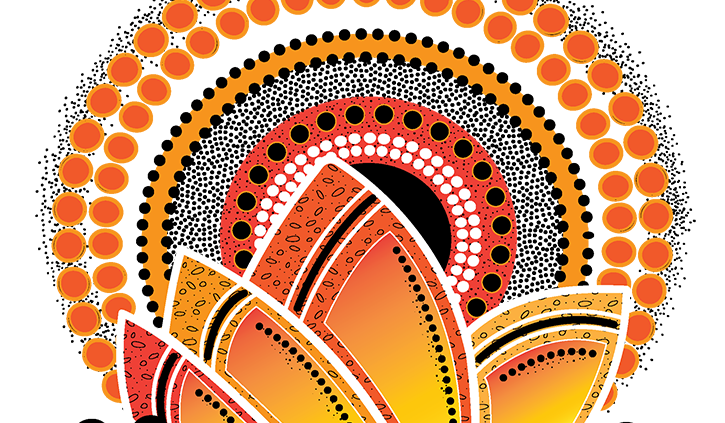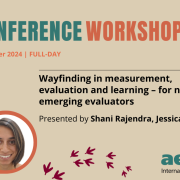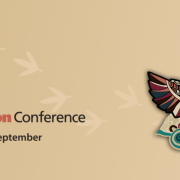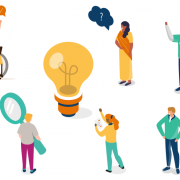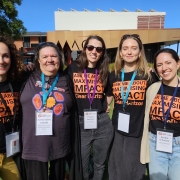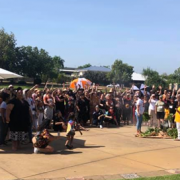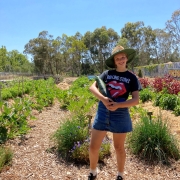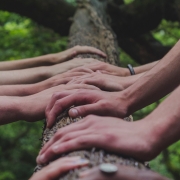AES Conference 2019 – for a first-time attendee & emerging Evaluator
By now I’ve had a few weeks to reflect on my first Australian Evaluation Society conference, where I was exposed to an amazing variety of evolving and inspiring ideas from within the Australasian evaluation community.
On the first day I found myself inspired by Dr Tracey Westerman, who raised the dubiousness of using or adapting Western-focused data collection tools in a First Nations context. For me, this highlighted the necessity of remaining reflective and adaptive in our approach, as well as tailoring every evaluation’s approach and methods to the context, preferably in partnership with community. This in turn made me reflect on the work of one of my Clear Horizon colleagues, Skye Trudgett, a proud Aboriginal woman who is passionately pursuing Indigenous Data Sovereignty and is leading a program to build First Nations young women’s evaluation capacity in remote Australia.
Following Dr Tracey Westerman’s plenary, I attended a Systems Evaluation Theory Application presentation by Lewis Atkinson, Brian Keogh and Ralph Renger, which helped frame my thinking regarding complexity. I found myself identifying with the concept of cascading success or failure as a neat way to consider the upstream challenges which produce a downstream issue. I could see the concept’s similarity to framing challenges through approaches such as the Problem Tree and found it a resonating concept in which to couch my thinking on casual pathways.
My third and final reflection was on the space for emerging evaluators. The conference provided a valuable sounding board for ideas and challenges facing those new to the profession and was highlighted on the final day by Eunice Sotelo and Francesca Demetriou, who are conducting research on these experiences. I found myself identifying closely with the key findings, and introspectively, the session highlighted a need to establish a community of support and practice for emerging evaluators. Personally, I will be seeking to develop an informal network, but I believe that an AES-associated group would be invaluable in attracting, retaining and developing those new to the space. Young people are not only the future (inevitably), but have the potential to bring new ideas, perspectives and approaches to evaluation. I feel that this potential influx of creativity and vigour should be encouraged and enhanced through more formal arrangements.
As Kailash Satyarthi is credited as saying, ‘No segment in the society can match the power, idealism, enthusiasm and courage of the young people’, or in this context, young (not necessarily age-specific) evaluators.

